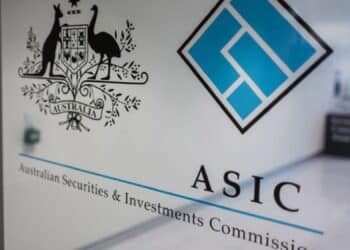Investors in Australia are more willing to take risks in their investments than other countries globally, according to Morningstar.
According to the latest global research from Morningstar, which surveyed 14 countries, investors in Australia were more willing to take risks and hold portfolios with higher allocations to equities and lower to cash and bonds.
This was in contrast to markets such as France and Japan where defined benefit schemes disincentivised investors from making their own financial decisions and more likely to have conservative portfolios.
Multi-asset funds were typically used in retirement accounts with around half of the fund being in equities and a small proportion in cash and locally-domiciled funds were the dominant vehicle. There was also increasing opportunity for Australian investors to access options in private markets such as private equity funds with limited liquidity.
The most popular investment options were direct mutual funds, equities and real estate and self-directed investing was popular as well as index exchange traded funds (ETFs).
“In Australia, non-superannuation assets when sold receive a 50% capital gains discount if held for more than 12 months, which also encourages a longer-term mindset. Many investors who gained shares via privatizations and demutualisations have held these shares since inception, relying on the dividends for income, given Australia’s relatively high dividend yield and franking credit taxation benefits.
“As such, direct equity investing within a portfolio is confined to almost entirely domestic exposure.”
However, the report said asset allocation engagement and decision-making was low with default options dominating superannuation, mostly to a growth portfolio. Those who opted for a conservative fund were usually those who had sought advice on their risk tolerance.
“Most default funds generally have an exposure to growth assets of around 60% to 80% of the total portfolio. Hence, growth assets, primarily equities, dominate superannuation assets. The mix of equities will quite often favor domestic equities, but a more balanced approach between domestic and global equities is becoming more popular.
“More balanced or conservative asset allocation is normally found by investors seeking financial advice from a licensed advisor who undertakes a risk-tolerance assessment.”





